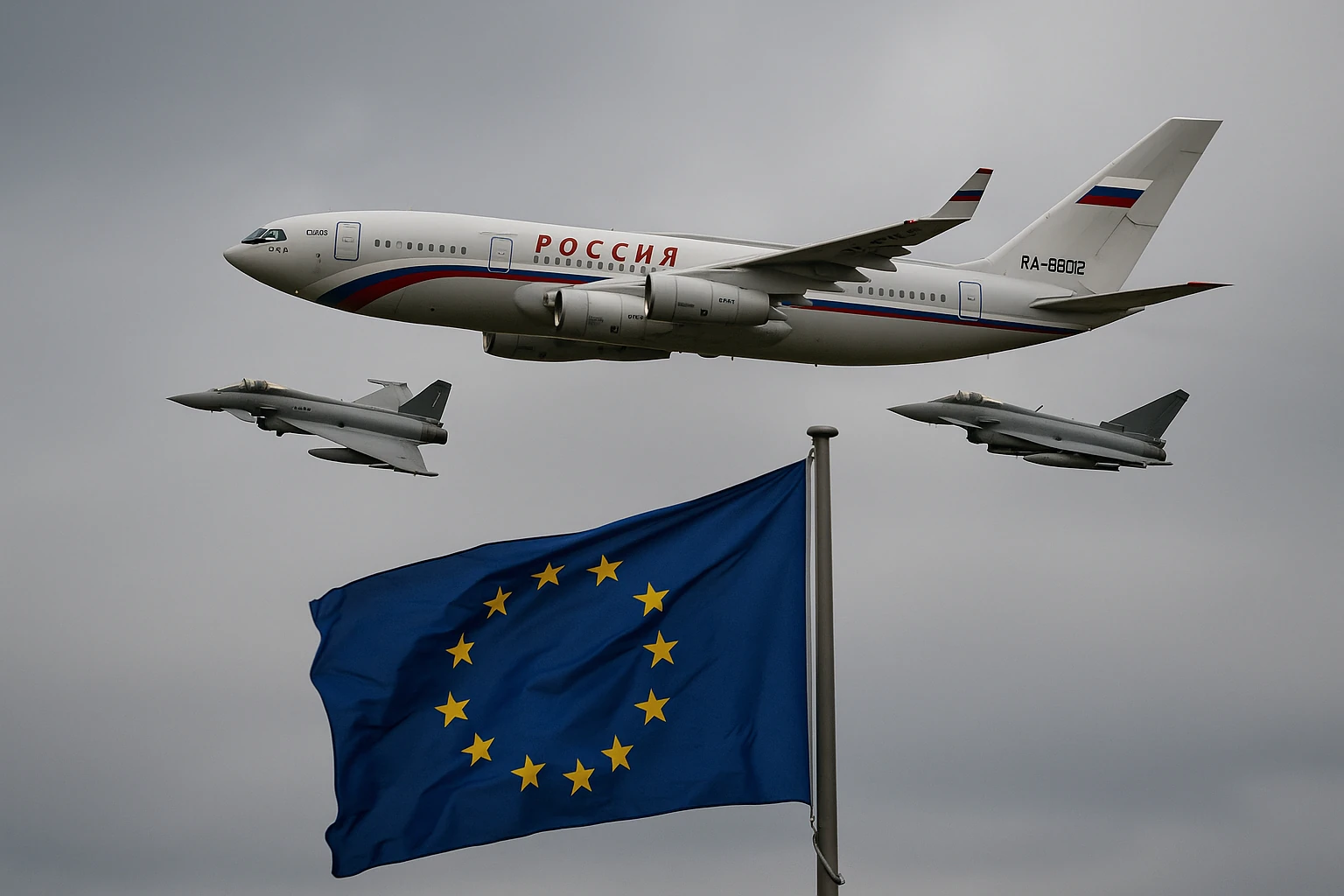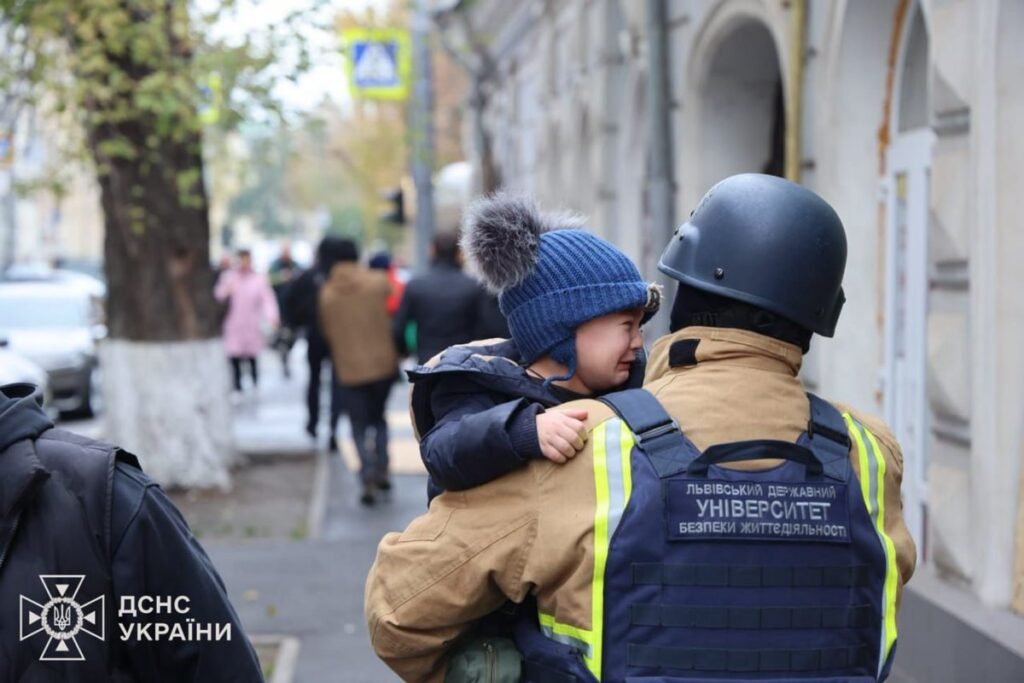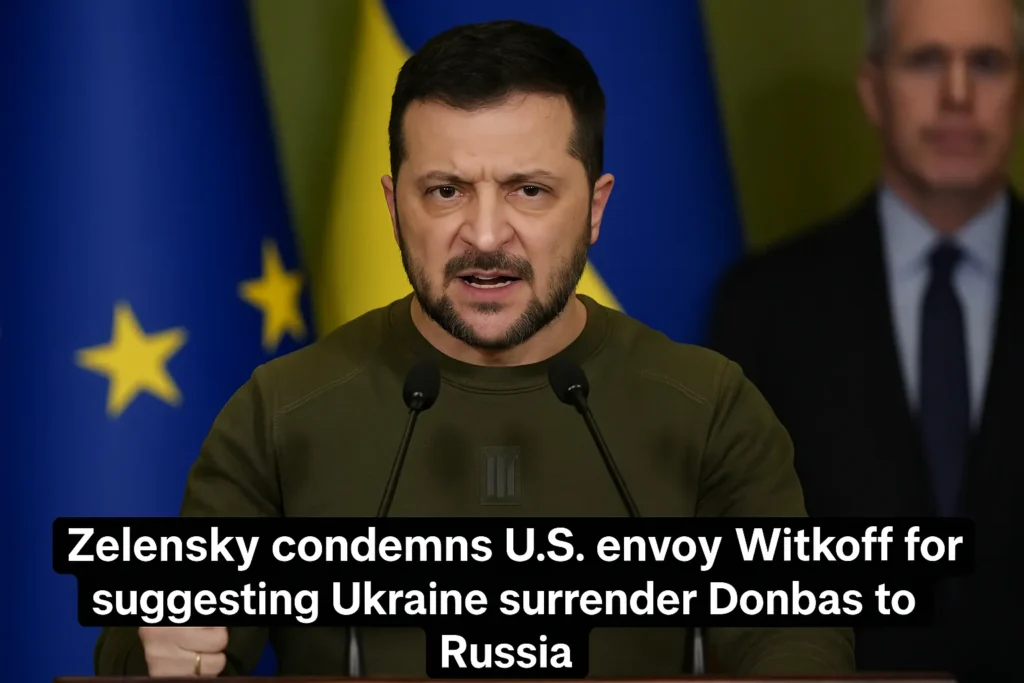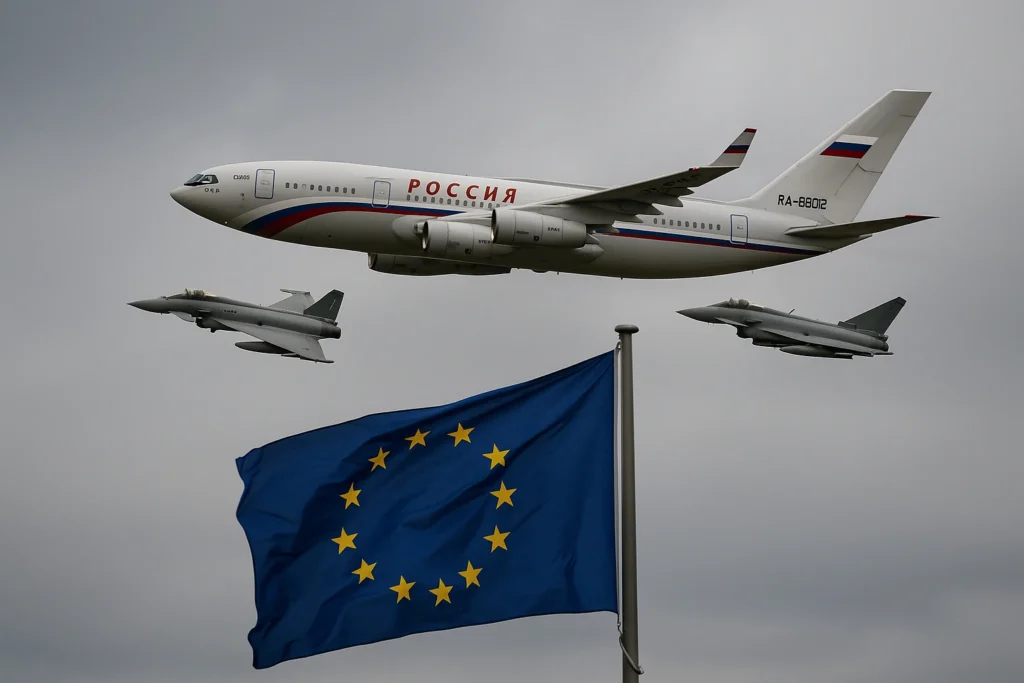Introduction
The Europe international law betrayal that unfolded this week is more than another diplomatic scandal — it’s the final burial of the very system Europe once claimed to defend. While Trump’s latest act of self-serving diplomacy grabbed headlines, the real story was Vladimir Putin’s unthinkable flight through European airspace to Hungary, escorted by Turkish and Russian jets, despite an active arrest warrant from the International Criminal Court.
The West did not just look away — it legitimized the collapse of international justice.
Context: The Death of International Law in Real Time
In March 2023, the ICC issued an arrest warrant for Putin over war crimes in Ukraine. It was hailed as a milestone in accountability. Now, less than two years later, the European Union itself has mocked that same court by permitting his passage and visit.
This isn’t a bureaucratic error; it’s a political decision — one drenched in cowardice and moral decay.
European leaders who preach “rule-based order” have chosen convenience over courage. The message is unmistakable: international law applies only to the weak.
Hungary’s Viktor Orbán, ever the outlier in NATO, offered the runway; Brussels offered silence. The spectacle was grotesque: a wanted war criminal welcomed into the EU’s backyard, his escort planes slicing through European skies without consequence.
Oppositional Argument: Europe Has Become the Hypocrisy It Once Condemned
Mainstream European press tried to rationalize the incident as a “diplomatic exception.” What an elegant phrase for betrayal. The truth is simpler: Europe has abandoned moral consistency.
This is not just Hungary’s shame. It’s the collective failure of a continent that once prided itself on the Nuremberg legacy. How can these same governments claim to defend Ukraine, human rights, or the ICC when they bend their own laws for political convenience?
International law is no longer broken — it’s mocked.
The same EU officials who hesitate to release frozen Russian assets to Kyiv now facilitate the travel of the man who caused those assets to be frozen in the first place. What credibility remains?
Analytical Breakdown: Legal, Political, and Moral Collapse
1. Legal Chaos
Under the Rome Statute, Hungary is obliged to arrest Putin upon entry. It did not. The European Commission said nothing. The ICC, deprived of enforcement power, simply “took note.” That silence is the sound of legal suicide.
International justice depends on states acting in good faith. Once they stop, courts become theatre — symbolic gestures without teeth.
2. Political Cowardice
European leaders justify their paralysis with talk of “pragmatism” and “keeping dialogue open.” In reality, they fear economic retaliation and diplomatic isolation. The EU, built to contain authoritarianism, now accommodates it.
Orbán’s Hungary has become the Kremlin’s landing pad inside NATO, and Brussels pretends it can’t see the runway lights.
3. Strategic Hypocrisy
Europe lectures others — Africa, Asia, Latin America — on “rule-based order.” But who will listen now? The same EU that demands sanctions compliance can’t uphold its own criminal court rulings. This double standard erodes not just Europe’s image, but the foundation of Western credibility.
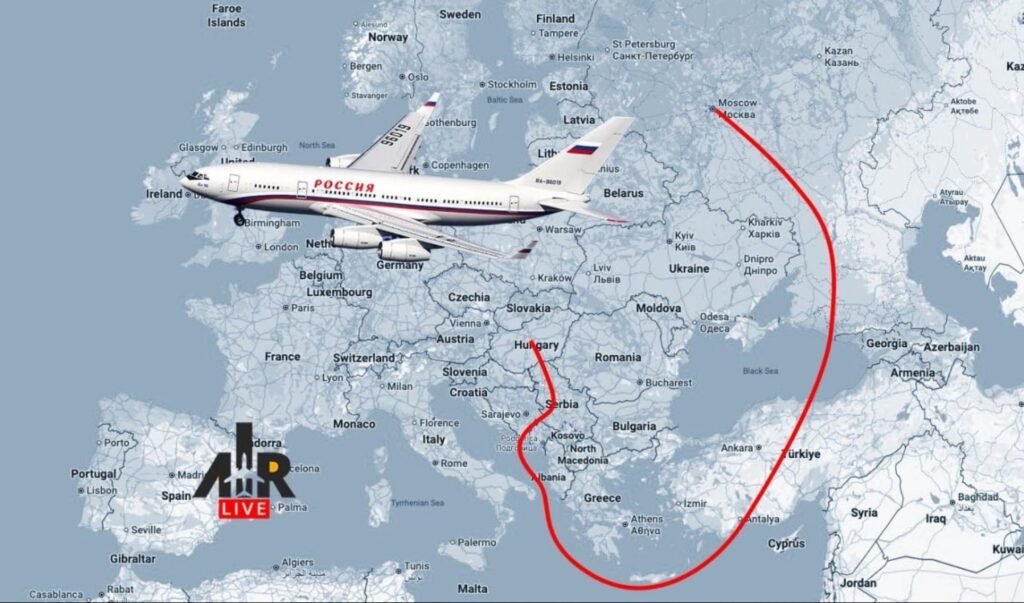
Human Perspective: The Betrayal of Ukraine and Justice
In Kyiv, the reaction was not shock — it was grim recognition. Ukrainians have learned that Western promises often expire when inconvenient. For families who lost loved ones in Mariupol, Bucha, or Kharkiv, the sight of Putin’s plane crossing Europe is more than insult — it’s desecration.
Ukrainian soldiers fighting on the front lines no longer speak of “international law.” They speak of survival. Because when the world betrays its own rules, all that remains is endurance.
European citizens, too, should feel betrayed. Their governments claim to defend human rights and democracy — yet they stood silent as a war criminal toured a European capital under official escort.
Counterarguments: The Illusion of Diplomacy
Some argue that allowing Putin’s flight was “strategic” — a way to keep communication channels open or prevent escalation. But diplomacy without principles is surrender disguised as pragmatism.
Appeasement has a rich European tradition, and it never ends well. From Munich to Budapest, the pattern repeats: dictators are tolerated, then feared, then fought — always too late.
Insider Perspective: The Brussels Silence
EU diplomats, speaking off the record, admit frustration. “No one wants to confront Orbán directly,” one official told Politico. “He uses his veto power as a weapon.” Another conceded, “It’s easier to scold Israel than to sanction Hungary.”
This cynicism — quiet compliance wrapped in bureaucratic language — is the rot at the heart of modern Europe. The continent’s institutions now function less as defenders of justice and more as managers of embarrassment.
Conclusion: The West Has Betrayed Its Own Language
The Europe international law betrayal is not just a failure of courage; it’s the exposure of hypocrisy as the West’s true ideology. When the EU lets a man with an ICC warrant land in its territory, it forfeits its claim to moral leadership.
If international law no longer binds Europe, it binds no one. The West cannot demand justice in Gaza, Tehran, or Beijing while giving Moscow a diplomatic runway.
Trump’s betrayal was expected. Europe’s betrayal was systemic. Together, they’ve rewritten the definition of Western values — from “universal” to “optional.”
Until Europe remembers its own principles, the phrase “rule-based order” deserves nothing but contempt.
External Links
105 views
